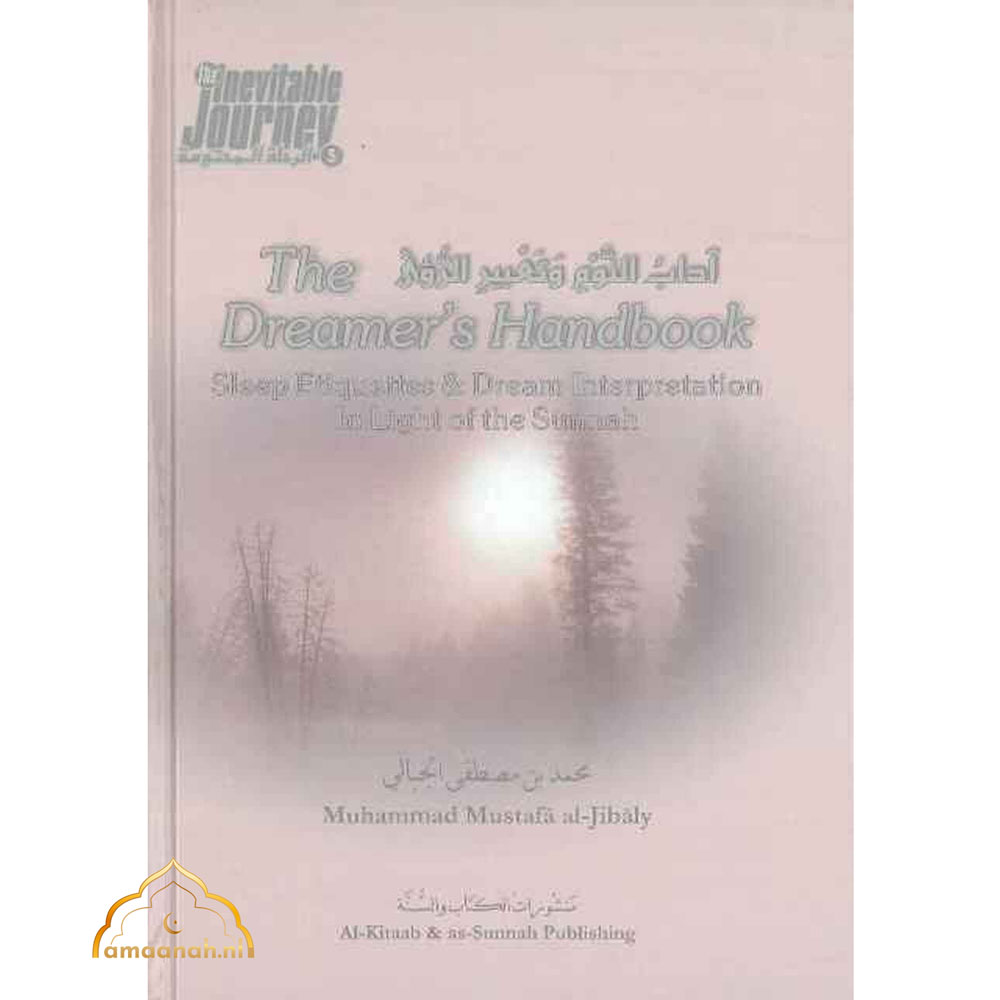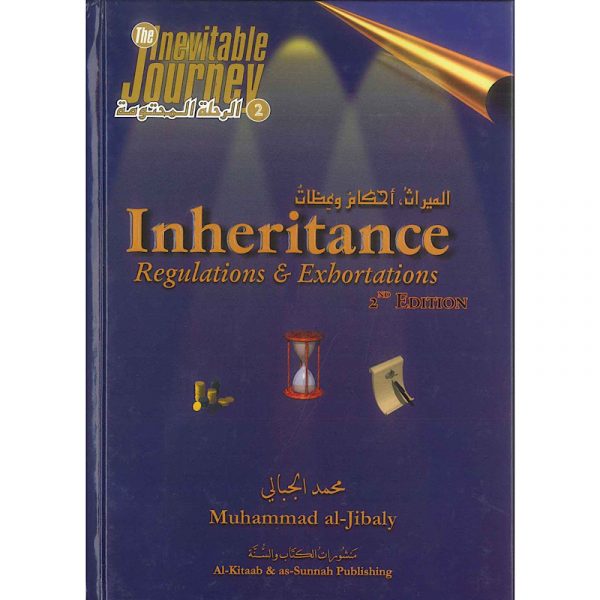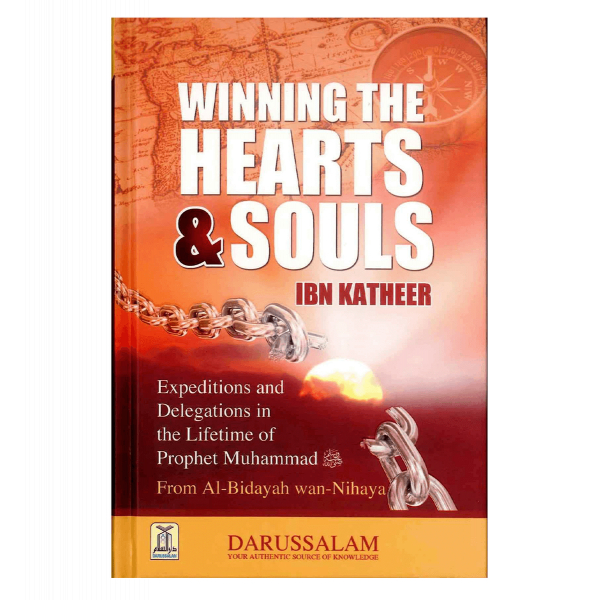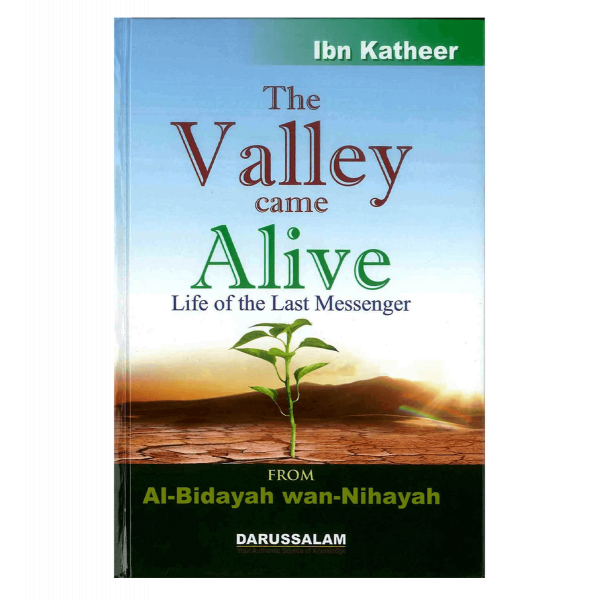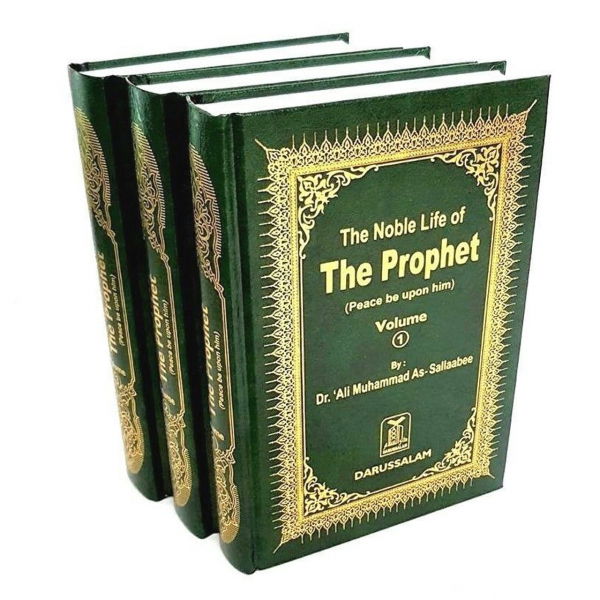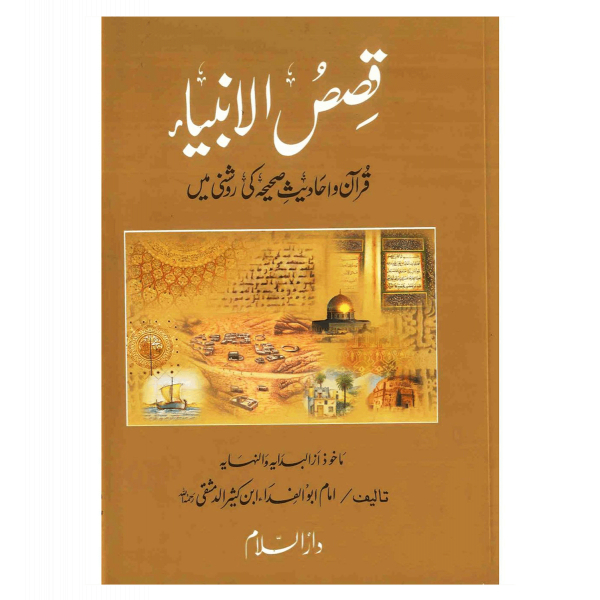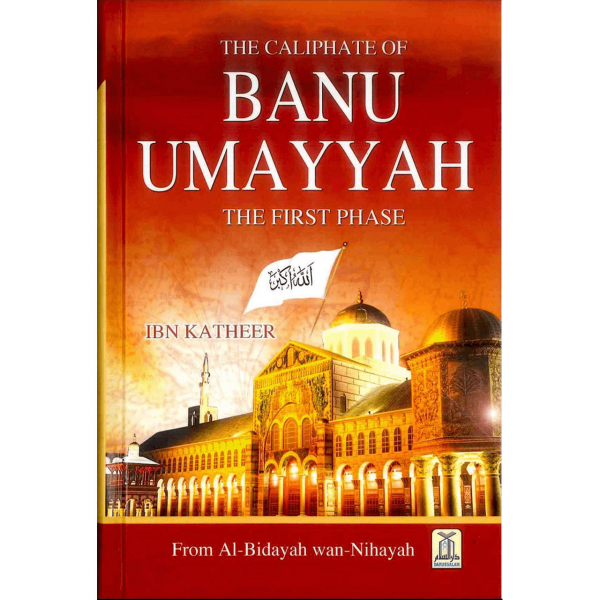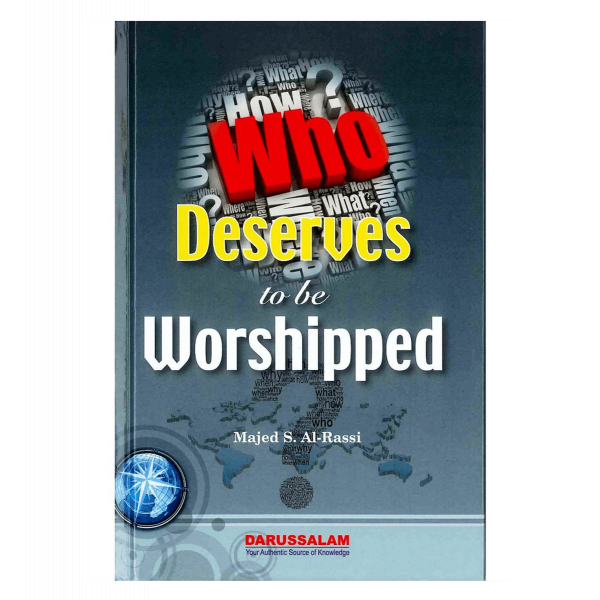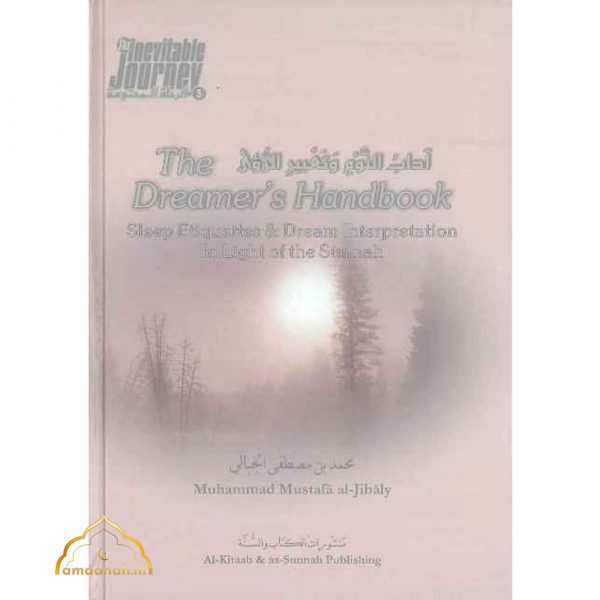The Dreamers Handbook : Sleep Etiquettes & Dream Interpretation in Light of the Sunnah
About The Book
Our soul inevitably passes though a route starting from birth, passing through death and ending with our resurrection in the next life. This route revolves around death and is strongly marked with events that precede and succeed it. These events include sickness, Pre-Death and Post-Death actions, the intermediate life in the grave (al-Barzakh), and periods of sleep that count as “minor death”. These, and related issues of the Soul, are the subjects that “The Inevitable Journey discusses over a Sequence of Titles:
- Sickness, Regulations & Exhortations
- The Final Bequest, Islamic Inheritance and Will
- Funerals, Regulations & Exhortations
- Life in al-Barzakh
- Dreamer’s Handbook
Sleep can be a welcome occasion of pleasurable rest, or a hateful predicament of fear and terror. Islam, praise be to Allah, presents a clear understanding of sleep and dreams, and provides a complete code of Sleep etiquettes and extolments. This can help make sleep a rewarding experience that brings useful rest and pleasant dreams.
This book starts by presenting a spiritual understanding of sleep from the Islamic viewpoint, which is followed by guidelines for recommended evening, pre-sleep, night, and morning acts of worship. The conceptual understanding of dreams is laid out next, followed by an analytical study of dreams in the Quran, and of dreams seen by the Prophet Muhammad and by his companions. The rest of the book deals with dream interpretation, its correct rules and procedures, drills to help understand these rules, and a large glossary of interpreted dream symbols.
This, hopefully, will fulfill two important goals regarding sleep and dreams: It establishes their understanding upon the strong foundation of the Quran and Sunnah, and it eliminates a great deal of superstition that surrounds them. Indeed, from Allah alone we seek help and acceptance.
About The Author
Muhammad Al-Jibaly acquired a sound knowledge of al-Albanis fiqh and methodology through personal contact with the Shaykh and an extensive study, indexing, and teaching of his works. He Studied and maintained strong friendship with most of the late Nasir ud-Din al-Albanis prominent students from Syria, Jordan, and other countries (1983 to current).
He has Authored many original books and articles in various areas of fiqh, aqidah, manhaj, dawah, etc and has Lectured at many conferences and seminars, in North America and around the world.

